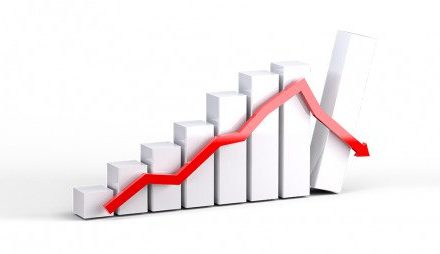
BRICS bank to take centre stage at Summit

Lullu Krugel, Senior Economist at KPMG
“The so-called BRICS bank was tabled for the first time at the 2012 BRICS Summit in March last year. The bank is to be formed by pooling funding from member countries. The bank will provide funding for infrastructure projects, lending and to intervene in the case of future global financial instability,” explained Krugel. “The previous World Bank president initially opposed to the idea eventually acknowledged the creation of the Bank. He added though that not having Russia and China as part of the World Bank system would be a “mistake of historic proportions”.Given that a BRICS bank would represent close to 30% of the global GDP through its members, such a bank could rival the International Monetary Fund and the World Bank. That might be part of the reason why the World Bank has changed its initial stance towards one of supporting such a BRICS bank and “welcoming cooperation” with such an institution.”
Krugel explained that by using the funding made available through the bank, BRICS member countries can therefore fund their own infrastructure and development projects similar to the role of many of the development funding institutions. She stated that the bank could have numerous positive outcomes. “The member states could become less dependant on the US dollar as a reserve currency also shielding the countries from the dollars volatility. Convertibility between the member countries’ currencies could be eased thus enhancing trade and reducing dependence.” She stated that all these reasons for establishing a BRICS bank, could potentially benefit BRICS member countries, improve global financial stability and access to funding.
The notion of a single unifying currency is currently also being bounced around the discussions. Such a venture should be approached cautiously if history is anything to go by explained Krugel, “The long run outcome of such a development could also potentially be the creation of an intra BRICS currency market or even a special reserve currency for BRICS countries that could rival the IMF’s Special Drawing Rights. The lessons from the EU regarding a single currency, however, would hopefully keep the BRICS countries from going down this road. The single biggest challenge to the euro, was probably the difference in the economic structures of the countries that formed part of the monetary union. Culturally and economically, the BRICS countries are probably much more diverse than is the case in Europe.”
The BRICS bank will undoubtedly face its fair share of challenges stated Krugel, “The role that it would play relative to the development banks already set up by some BRICS members to fund foreign infrastructure projects, in particular for China and India poses a major question of role and relevance. For South Africa, such a type of bank would be less problematic, as most of the South African development finance institutions are geared to fund local projects.”












































